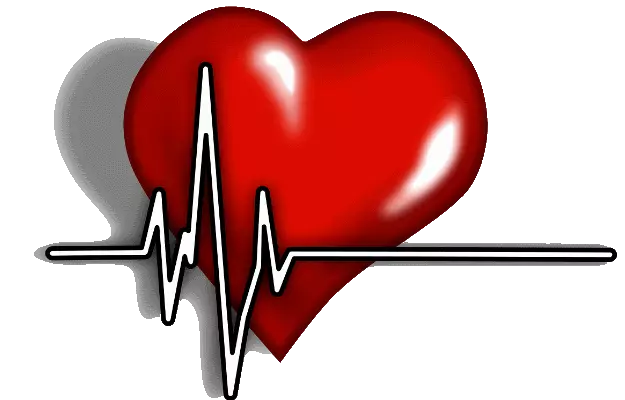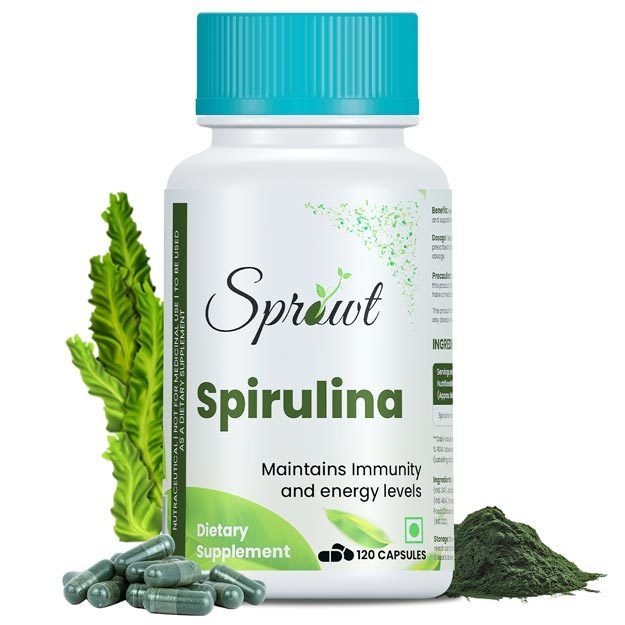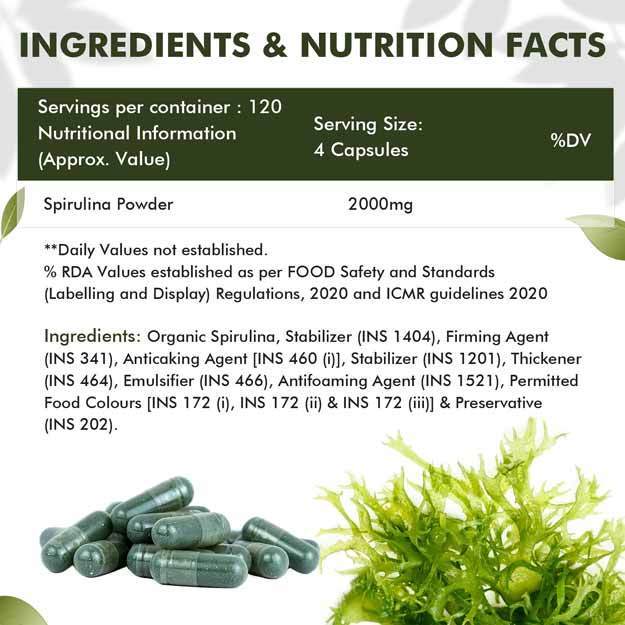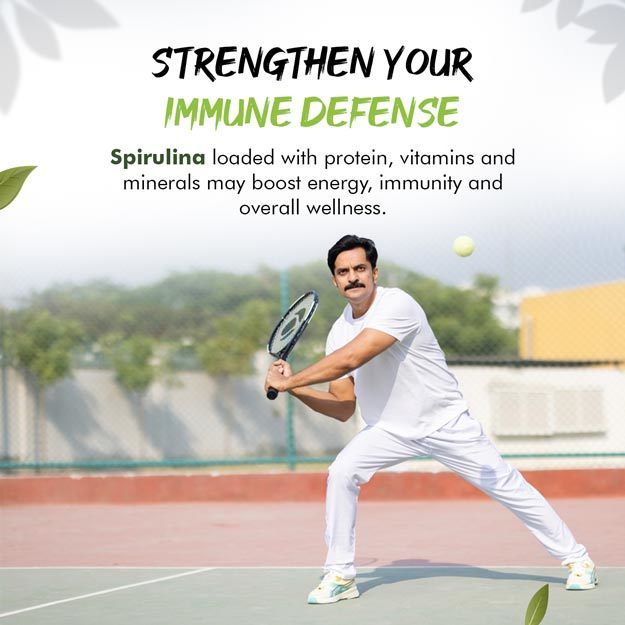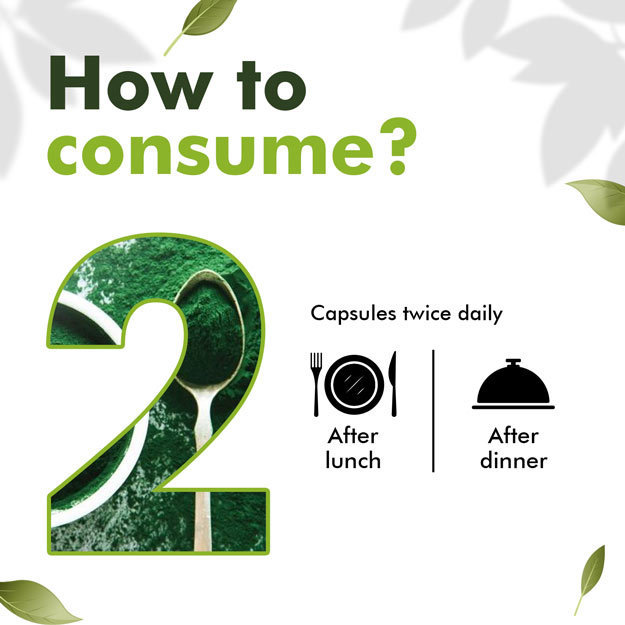According to a study published in the 'Journal of American College of Cardiology', in the USA, the death rate due to cardiovascular diseases (CVD) has declined by 41% in the last 15 years, but in India it has increased by 34%. In India, this is happening due to many reasons such as hypertension (high blood pressure), diabetes (sugar disease), deterioration of blood lipid (such as cholesterol) levels, smoking, being less physically active and obesity.
Heart diseases can be controlled to a great extent by improving lifestyle and eating habits. Heart disease can also be prevented by taking care of what you eat, how much exercise you do, how much is your weight and how you control stress. However, once someone has heart disease, they can be cured only with proper treatment according to their medical condition.
(Read more - Heart Bypass Surgery)

